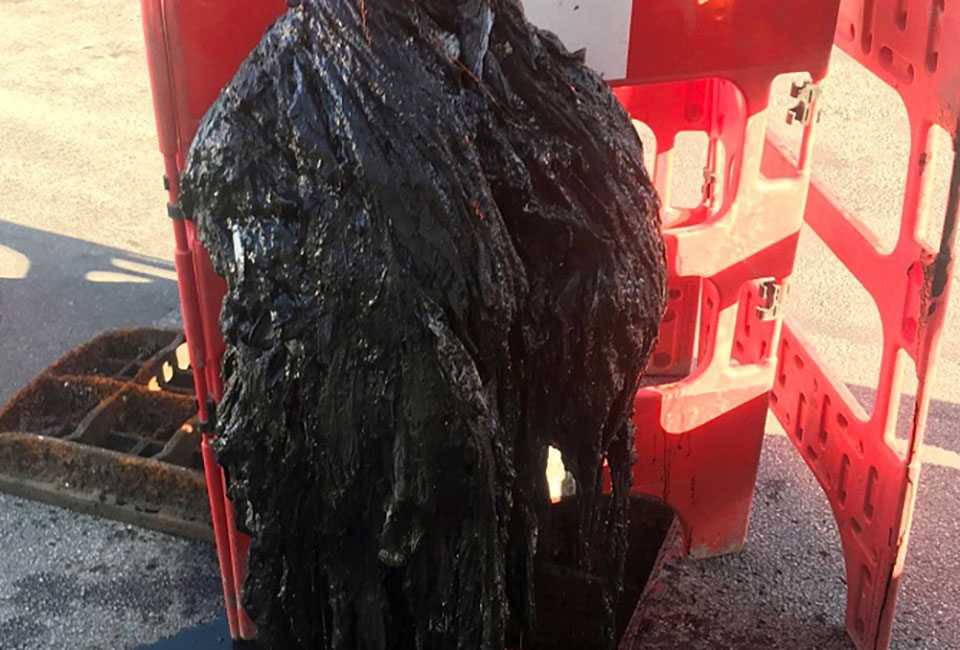Wet wipes the most common cause of sewer blockages

1/17/2022
Wet wipes incorrectly flushed down toilets were the most common cause of blockages in Yorkshire Water’s sewer network in 2021.
Blockages linked to wet wipes made up 11,996 blockages of the 26,790 (45%) Yorkshire Water removed from its network in the 12-month period. Other regular culprits include fats, oils, sanitary products, construction debris and tree roots.
Many wet wipes contain plastic and do not break down in the sewer – unlike toilet paper – meaning they can become snagged and stick together to block the flow of sewage through the network.
Wet wipe blockages can lead to restricted toilet use in homes, sewage escaping the network into properties, gardens or roads, and in some cases can lead to pollution of local watercourses
Mark Hammond, head of customer field services at Yorkshire Water, said: “A considerable proportion of blockages our teams dealt with in 2021 were caused by wet wipes being flushed into the network.
“Many baby wipes, make-up wipes and cleaning wipes contain plastic and do not breakdown in the sewer network like toilet paper. We spend millions of pounds every year resolving blockages caused by wet wipes and the incorrect disposal of items down toilets and sinks, money which could be better spent elsewhere.
“We are urging people who use wipes to put them in the bin once used, rather than flushing them into the sewer, to reduce the number of unnecessary blockages we deal every day.”
